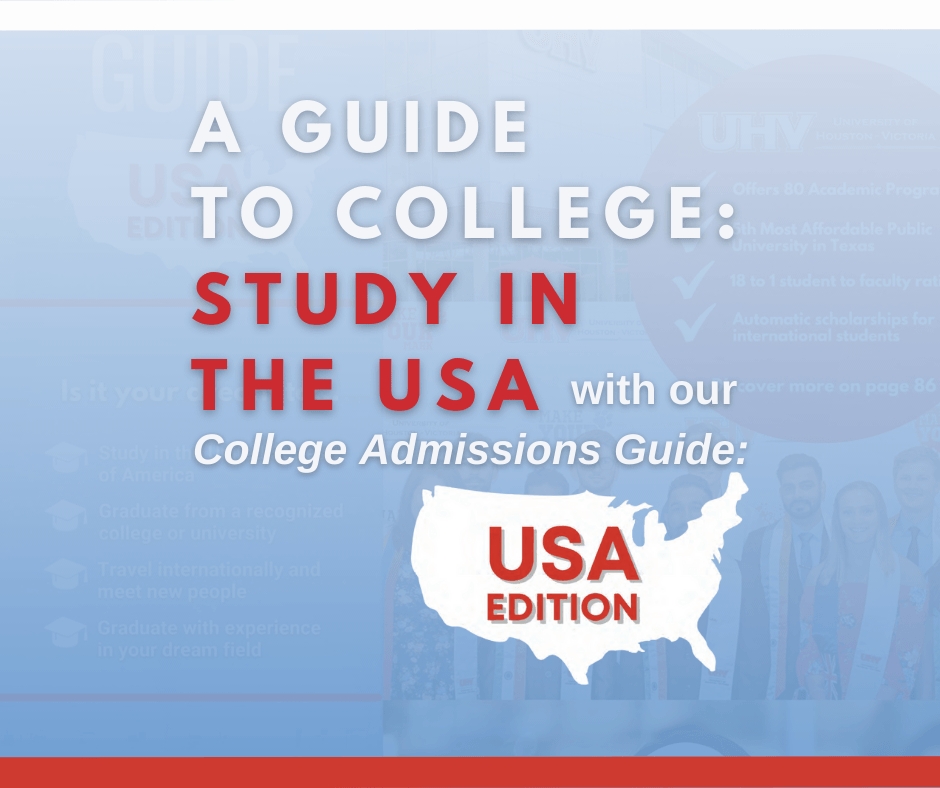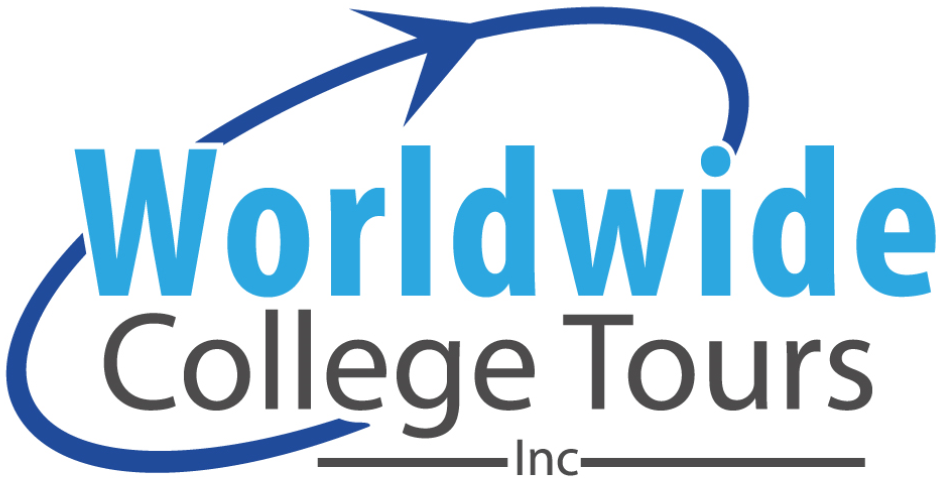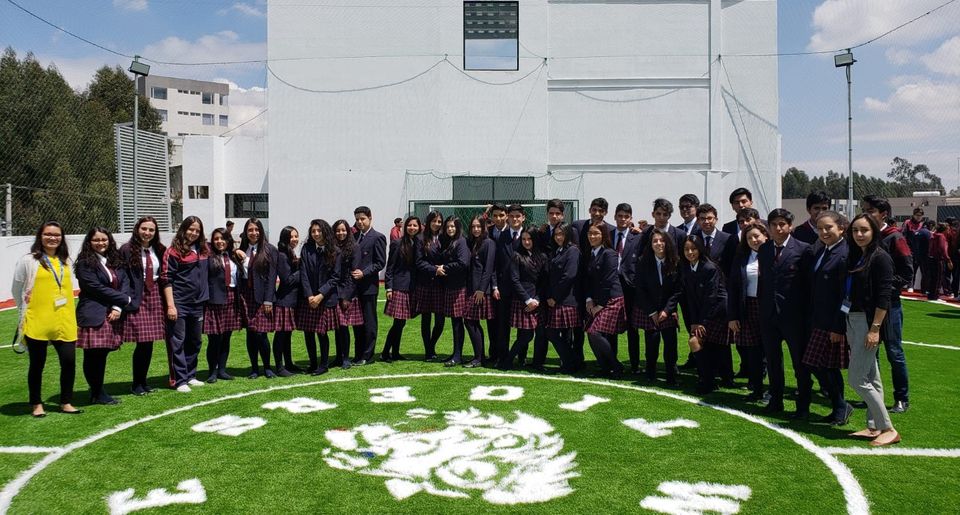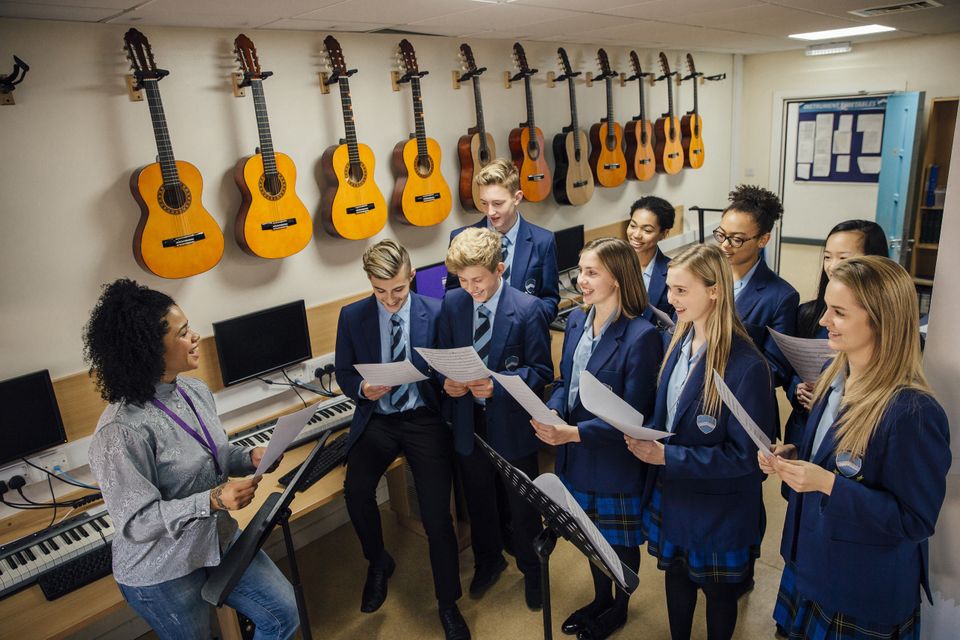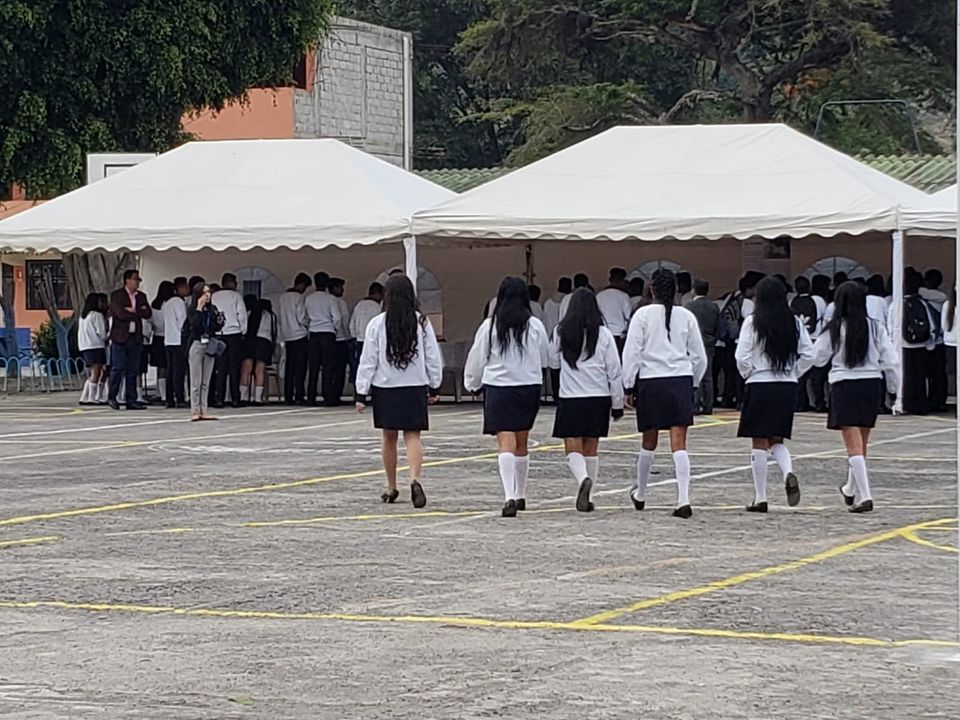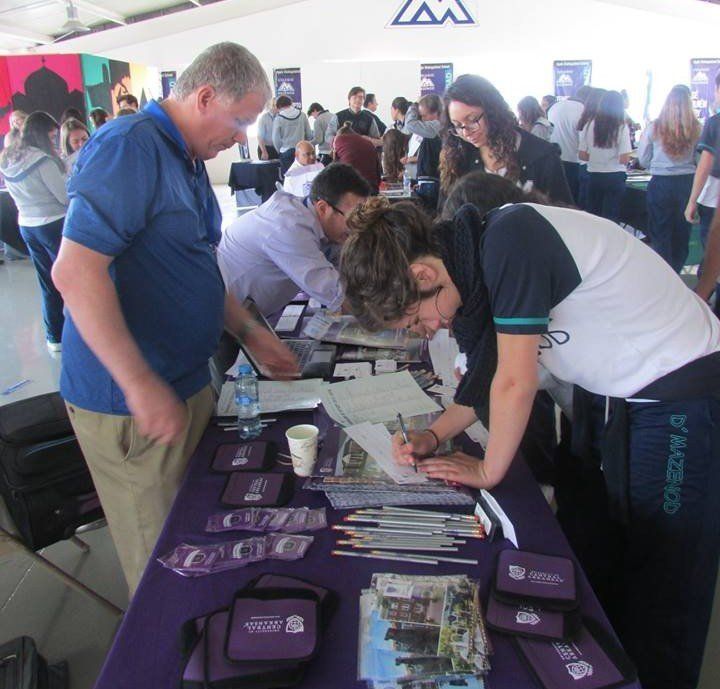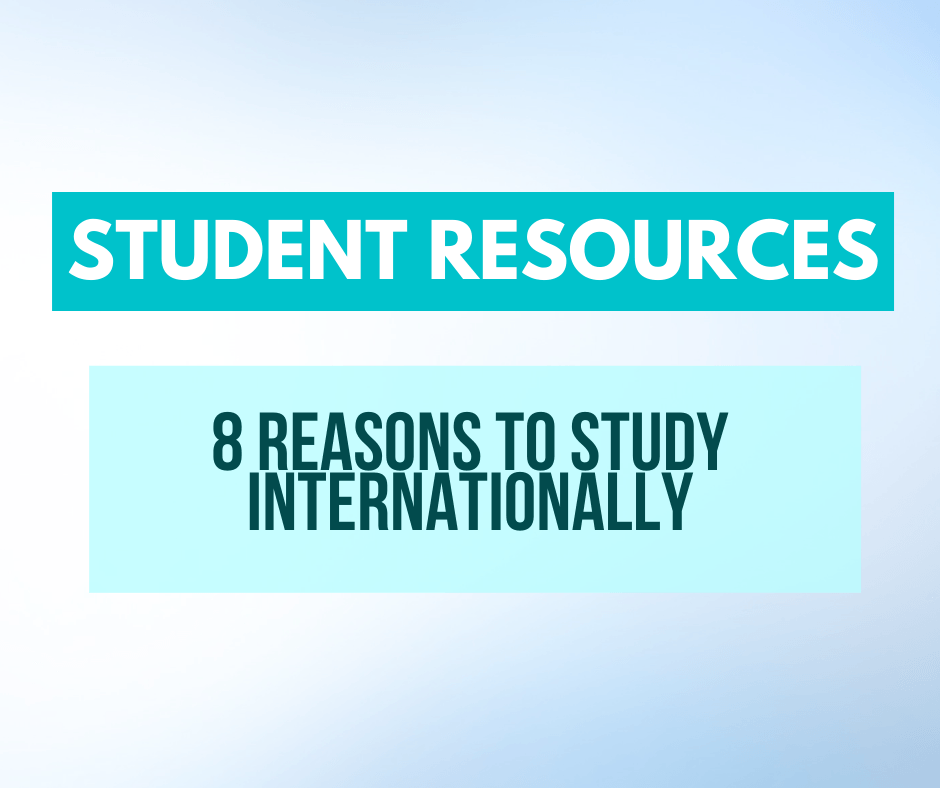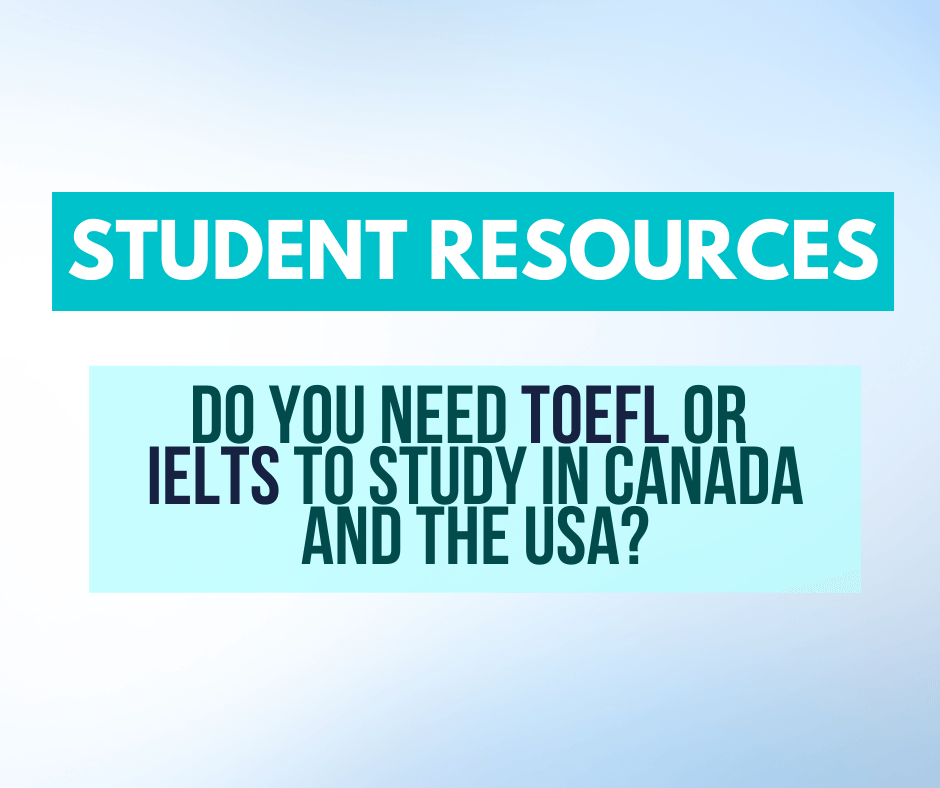Types of Recruitment Fairs for Colleges and Universities
Recruitment fairs are the best method for organic recruitment of international and local students. They are typically preferred by students because they are easier to navigate than searching online. Meeting face to face with an admissions representative who can answer on the spot questions can clear up any confusion a student ( or their parent) might have. More importantly, students who are out of state or even out of the country might be introduced to an opportunity that they might have not thought of before. Overall, recruitment fairs can be overwhelming. There are so many options and types of fairs to attend, how can you know which is the best way for your school to meet students?
What is a student recruitment fair?
A recruitment fair is just like a job fair. It can be held in a few different locations (high schools, convention centers, private venues, hotels). At the recruitment fair, there will be multiple vendors/exhibitors that will share information about themselves and their college or university. College and University representatives get together to inform prospective students, parents, and counselors about their school’s admissions process, programs, and student life.
There are four main types of recruitment fairs:
Privately Hosted
Recruitment Fairs that are privately hosted are set up by a
third-party agency. A ‘headhunter’ will invite a select few students to meet a
the select few colleges/universities that they have been hired to represent. In
some cases, a ‘headhunter’ (or agent) might be hired by a student’s family to help find
them the right school. The fair can be held at a high school or in a
professional location. The students invited typically fit into a certain type
of category: athletes, academics, interested in a particular program
(ex. Robotics), or coming from a location of particular interest to the college or university. These types of events are typically used to recruit all types of students (undergraduate, graduate, and transfers).
Pros : Admissions representatives are able to fill in the spots with international students, which helps promote diversity. If you are looking for more students for a specific program, say... Engineering, a privately hosted fair for students interested in Engineering will yield that result.
Cons : Exhibitors are going to be meeting the exact candidates that fill a particular spot in their school - There is no possibility to meet additional students. A school who is looking for general students to apply as well, may not receive any applicants. In addition, a third-party recruitment company needs to be hired to organize the fair and invite the students. The process can be extremely transactional and daunting, no long-lasting relationships can be built.
District Hosted
Recruitment Fairs that are hosted in public high schools or an event hall are
typically coordinated by the city/county district and will include a select
colleges and universities. This type of fair will mainly include schools that
are local to the high school, or country. Colleges and universities in the area inherently
have a partnership agreement between themselves to help recruit and accept
students into their prospective schools. The principal objective is to keep the
students in the area.
Pros : Exhibitor fees may be free or have a minimal fee. Potential to meet a variety of students in a low-pressure situation. Many parents will attend in hopes that their children will go to school close to home.
Cons : Many of the fairs hosted by school board districts are comprised of local colleges and universities. For example, a high school in Dallas, Texas might invite the majority of schools from Texas, with only a few additional colleges and universities in surrounding states. No potential to meet students from around the country or from other countries (unless the event is held at a private boarding school). Many of the students will have similar interests for programs and sports – there is not much diversity, or opportunity to grow your international population.
High School
Recruitment Fairs held at High Schools can be organized around the world and are usually held in private high schools. A small number of college and university representatives travel to a few high schools throughout the day and speak to a large number of students. Admissions representatives are given the opportunity to speak to students, their parents, and guidance counselors at the school. These events are typically used to recruit for undergraduate only.
Pros : There is a great chance to meet all types of students from different types of high schools (private, military, faith, reformed, artistic, international, boarding). The events are in a low pressure, familiar environment for the students. Students are able to take a break from their studies and speak to colleges and universities that might not have been under their radar. There is also a higher chance that parents will attend – Parents attendance typically solidifies the students' curiosity in a particular school. In addition, high school recruitment fairs are the most popular type of recruitment event for international students.
Admissions representatives are given the opportunity to make a lasting impression – not just with the students, but with the high schools and their counselors too. Check out our blog post on ‘Why Colleges and Universities Should Connect with Guidance Counselors’ HERE – to read about the benefits of making a connection with the guidance counselors at high school recruitment events.
Cons : The selection of students that attend are only for college or university reps looking for undergraduate students (no transfers or graduates). For colleges and universities that are looking for sports applicants, this might not be the best method for recruitment (unless you travel to a sports based high school).
Convention Hall & Hotels
Recruitment Fairs held at convention halls and hotels are generally large scale. Typically, they function with 50+ colleges and universities. They also tend to include vendors who have some relation to
the post-secondary experience (recruiters, consultants, advisors). Some of the major vendors that typically attend
are scholarship/loans companies, housing experts/realtors, legal
advisors/immigration specialists, and technology experts.
Pros : One of the easiest fairs to attend. The event is entirely managed by a third-party recruitment fair event company that organizes the event to the last detail. There is a great potential to meet thousands of students who are very interested in pursuing their future.
Cons : The event is large and very overwhelming. While most students will be attending with their parents, some will be attending with their schools and friends. Since there are typically 50+ exhibitors, it is easy for a student to get lost in an information overload. It is also easy for your college or university to get lost in the mix of different colleges and universities that attend. This type of recruitment event can also feel like a sales fair to the student, with all of the ‘other’ types of vendors that are allowed to attend. Individuals trying to sell insurance or trying to approve loans could get in the way of students trying to navigate their future. These events aren't specific to a particular attendee, are open to the public, and some events are open to global universities, all of which could cause your college or university a hit or miss with the event.
Which Type of Recruitment Fair is Best for Your School?
There are certainly advantages to each type of recruitment fair. The best course of action would be to determine what your school is looking for (undergraduate, graduate, transfer, agents, counselors, etc). Once you have that determined, you should look over where you should be recruiting. Then, look at the various options you have in each country. Some countries may not have all types of recruitment fairs, so your options may be limited.
Whether your school is searching for international students or local students, the best type of recruitment fair to attend is hosted in high schools. You will be able to visit high schools who (for the most part) are fluent in your native language, can afford tuition, and have a general interest in international education. A high school setting is low pressure for the students and parents as it is hosted in a familiar environment. Students are able to ask real questions and meet representatives to have a quality conversation in a comfortable environment.
Interested in Attending a High School Recruitment Tour?
Each year we host 2 sets of high school student recruitment tours (Spring and Fall). The event locations vary, so be sure to review our upcoming tour locations HERE. The first segment is hosted in the Fall (September-December), and the second is hosted in the Spring (March-May). If your school is looking to recruit international students, we’d love to have you join us for our high school hosted events! To learn more about our upcoming recruiting events or to join our upcoming tours, give us a call at (416) 384-1837 – we look forward to exploring new opportunities with you.
